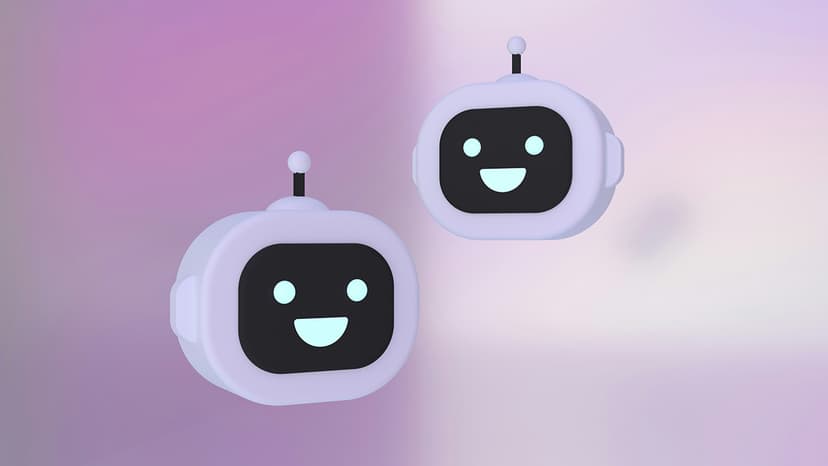The Power of Coding for Kids
In today's fast-paced, technology-driven world, introducing coding to kids at an early age has become increasingly important. Coding, simply put, is the process of using computer programming languages to give instructions to a computer to perform specific tasks. Teaching kids coding skills not only equips them with essential knowledge for the future but also fosters critical thinking, problem-solving abilities, and creativity.
Why Coding for Kids Matters
Coding for kids goes beyond just learning how to create software or build websites. It provides a foundation for logical reasoning, systematic thinking, and the ability to break down complex problems into manageable parts. By mastering coding skills, children develop a growth mindset that encourages persistence, experimentation, and collaboration.
Moreover, coding teaches kids to think algorithmically, enabling them to approach challenges methodically and develop efficient solutions. This structured problem-solving approach is not only valuable in the realm of technology but also in various other fields such as mathematics, science, and even everyday life situations.
Benefits of Introducing Kids to Coding Early
Introducing kids to coding at a young age offers numerous benefits that extend far beyond the realm of technology. One of the key advantages is that coding cultivates creativity and innovation in children. By engaging in coding projects, kids learn to think outside the box, experiment with different possibilities, and unleash their imaginations to create unique solutions.
Moreover, coding enhances kids' analytical and critical thinking skills. When programming, children are required to analyze problems, identify patterns, and devise strategies to overcome challenges. This process not only sharpens their cognitive abilities but also instills in them a sense of resilience and determination to overcome obstacles.
Furthermore, coding fosters collaboration and communication among kids. In coding projects or coding clubs, children work together to brainstorm ideas, share insights, and provide feedback to one another. This collaborative environment not only enhances their teamwork skills but also teaches them the importance of effective communication in achieving common goals.
How to Introduce Kids to Coding
Introducing kids to coding can be done in a fun and engaging manner that sparks their interest and keeps them motivated to learn. One effective way to introduce coding to kids is through interactive games and toys that teach fundamental programming concepts. Products like LEGO Mindstorms, Osmo Coding Jam, and ScratchJr provide intuitive platforms for children to learn coding while having fun.
Another approach to teaching kids to code is through online resources and platforms specifically designed for young learners. Websites like Code.org, Tynker, and Scratch offer a wide array of coding tutorials, interactive activities, and games that cater to different age groups and skill levels. These platforms make learning to code accessible and enjoyable for kids, allowing them to progress at their own pace.
Additionally, coding workshops, camps, and clubs are excellent avenues for kids to immerse themselves in coding projects and interact with like-minded peers. These hands-on experiences not only deepen kids' understanding of coding concepts but also expose them to the real-world applications of coding in fields such as robotics, game design, and app development.
Tips for Parents and Educators
For parents and educators looking to support kids in their coding journey, there are several strategies that can enhance the learning experience. Encouraging experimentation and creativity is crucial in coding, as it allows children to explore different solutions and think innovatively. Instead of focusing solely on achieving a specific outcome, celebrate the process of problem-solving and the lessons learned along the way.
It is also essential to provide kids with a supportive learning environment where they feel free to make mistakes and learn from them. Coding can be challenging, and encountering errors is a natural part of the learning process. By fostering a growth mindset and emphasizing the importance of perseverance, parents and educators can help kids develop resilience and confidence in their coding abilities.
Additionally, offering opportunities for kids to showcase their coding projects and receive feedback can boost their motivation and sense of accomplishment. Whether through coding competitions, exhibitions, or presentations, giving kids a platform to share their work with others can inspire them to continue exploring coding and honing their skills.
Coding for kids is not just about learning a new skill; it is about equipping children with the tools they need to thrive in a technology-driven world. By introducing kids to coding early, we empower them to become innovative problem solvers, critical thinkers, and collaborative team players. The benefits of coding extend far beyond the digital realm, influencing various aspects of children's cognitive, social, and emotional development. Let's inspire the next generation of coders and creators by opening up the world of coding to kids everywhere.
To explore more coding resources for kids, check out the following websites:
Start coding with your kids today and watch them unlock their full potential!












